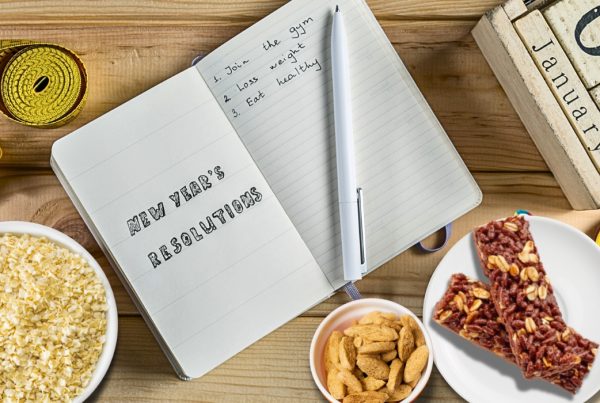‘Vegetarian’s do not have a lot of excellent protein sources.’ Have you heard this statement repeatedly? Well, it is time to bust that thought.
We are here with 7 protein rich sources that a vegetarian or even a vegan can include in their diet and stop worrying about optimum protein intake.
Protein is crucial for human body functions. It is considered the building block of the human body as it comprises various amino acids. Proteins are large molecules that are very important for the human body.
Vegetarian options for protein are limited and so protein deficiency is a real challenge for vegetarians and vegans. Proteins consist of 20 amino acids. Protein is crucial for development at different stages in life, like – childhood, puberty, pregnancy, and lactation periods, as it helps in the repair and wear and tear of the body and the growth of cells and tissues. It helps you stay full for longer by giving you satiety and helping you curb cravings. Protein-rich food helps to boost metabolism and improve the immune system. It also helps in the body’s healing process post any injury.
We know that meat and eggs contain a good amount of protein, but that does not mean that the vegetarian or vegan diets cannot provide that. Consciously including a few vegetarian protein food sources can easily help in maintaining a balanced protein diet profile.
7 protein-rich vegetarian food sources :
1. Buckwheat:
Buckwheat is high-protein.
It has all 8 amino acids which the human body requires for proper functioning.
Buckwheat is a versatile grain that can be used for making breakfasts, soups, salads, tikki’s and khichdi.
Buckwheat flour is used for making soba noodles in Japan, galettes in France, and poffertjes in the Netherlands.
Buckwheat decreased blood sugar levels in people with diabetes.
2. Kamut :
Traditionally, Kamut is also known as Khorasan wheat.
Kamut is the most ancient variety of non-hybridized wheat.
It’s been shown to have higher levels of protein and fatty acids than modern wheat.
Kamut has a firm texture and a slightly sweet and nutty taste.
Kamut berries are used for salads, soups, and stews.
We can use Kamut flour for making bread, pasta, and pancakes.
3. SORGHUM
Sorghum, also known as milo, is a gluten-free grain.
Sorghum can be popped for making popcorn, cooked as a porridge, or ground into flour for making roti, or paratha.
It is rich in protein, fiber, thiamine, riboflavin, folic acid, and carotene.
4. Pearl millet :
Pearl millet has a high proportion of protein.
It has 11.5% of dietary fiber, which makes it gut-friendly.
The niacin in pearl millet is high.
It has magnesium, iron, copper, zinc, and vitamins E and B- complex.
5. Foxtail millet (Kakum)
It has double the protein content as compared to rice.
It also contains copper & iron.
Versatile and easy to cook, foxtail millet keeps you full for a longer time.
Pairing it with veggies, it makes a perfect upma for breakfast.
6. Kodo millets (Kodon)
It has high protein and fiber, which makes it a perfect pick for weight watchers.
Kodo millet is rich in B vitamins – niacin, pyridoxine, and folic acid.
7. Proso millet (Chenna/Barri)
Proso millet has the highest amount of proteins, which is essential for bone growth and maintenance.
It is a cheaper source of manganese.
It contains high amounts of calcium.
8. Amaranth:
Amaranth boasts of high protein content and is a carrier of lysine, an amino acid that’s missing in many other grains.
They are high in dietary fiber.
Amaranth is a rich source of phytosterols.
Contains bioactive peptides which are thought to have cancer-preventive and antihypertensive properties.
Apart from these highly nutritious and protein-packed grains and millets, try adding any types of beans with broccoli, Brussels sprouts, green peas, and potatoes to your daily diet. Quinoa and wild rice are also rich in protein and if paired with fiber can be filling, delicious and nutritious too. Edamame too has approx.18.46 grams of protein per cup.
Including lentils, pinto beans, chickpeas, mung, fava, lima beans and avocado, too, is beneficial. Even nuts like pistachios and almonds have good protein in them. Small chia and hemp seeds as also wonderful sources of protein. These are some easily available protein-rich foods to be added to daily meals.
So, you don’t have to change your diet to include proteins in your meals. Simply tweak the recipes or include protein rich vegetarian sources and you are set!







